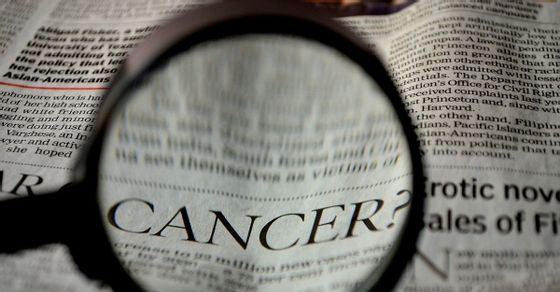
How World Cancer Day Brings Awareness To Early Detection Of Cancer
Cancer affects millions of people. Those who are fighting the disease, those who are close to it, and those who support them. It’s a dire battle while medical professionals and researchers are constantly striving to find a cure. Raising awareness of cancer, on the other hand, is one way to help people learn more about cancer and its causes, as well as for early treatment and detection.
There are many organizations and organizations working to educate and raise public funds to support cancer research and treatment activities. The importance of educating the public has grown to the point of being left behind, especially in terms of raising awareness of cancer.
Hide content
1 World Cancer Day
1.1 Why is cancer awareness so important?
1.2 Types of cancer
1.3 Early detection of cancer is the best treatment
World Cancer Day
World Cancer Day is an international day and is recognized on February 4th each year. Established by the Union for International Cancer Control (UICC). The sole purpose of the UICC is to support the World Cancer Declaration and its goals to reduce cancer-causing diseases and cancer deaths by 2020. The goal was created in 2008 and since then the World Day Against Cancer has already influenced the world. By raising awareness of cancer and initiating the process of educating the general public. tauren druid names
Why is cancer awareness so important?
Many people diagnosed with cancer, regardless of type, respond as they want to know. But what do you know? Many people want to know more about the causes of their type of cancer. And above all, many want them to know what to look for in the early detection of cancer.
How World Cancer Day Brings Awareness To Early Detection Of Cancer
The first step is to raise awareness about the types of cancer and how to prevent them. However, even with precautions, cancer can grow, so recognizing the early signs of different types of cancer is important for getting treatment as soon as possible.Early detection is the best treatment for cancer, as cancer experts say that the earlier the cancer is diagnosed, the more likely it is to treat it, prevent it from developing, and spread beyond curable methods. It’s a law.
Types of cancer
There are many types of cancer, some of which are more common than others. Some cancers cause unique and identifiable symptoms, while others can be ignored. There are also some symptoms that may be common to many types of cancer, especially as cancer grows and reaches a certain stage. Cancer can come from anywhere in the body and is named after the origin of cancer.
The most common types of cancer are breast cancer, skin cancer, prostate cancer, rectal or colon cancer, hematological cancer, lung cancer, ovarian cancer, brain cancer, pancreatic cancer, liver cancer and the like.
Treatment depends on the type of cancer and the stage of growth in which cancer has been diagnosed. Cancer is divided into four stages, depending on the early stage or progress of growth at the time of diagnosis. The earliest discovery of growth is the stage I, which is the inclusion of cancer in the original area. Stage II may extend beyond the organ of origin.
In Phase III, it further migrated to lymph nodes or other large organs, and in Phase IV, it metastasized to several large organs, such as the liver and lungs. The first three stages are then subdivided into A, B, and C levels.
Early detection of cancer is the best treatment
Treatment of cancer depends on the type of cancer and the stage of the cancer at the time of diagnosis. Cancers found in the early stages are less aggressive than cancers found in the later stages. This is one of the reasons why early detection is important. Stage I cancer may require surgery to remove the cancer from local organs or parts of the body and may require mild treatment with chemicals, but it is severe for subsequent growth. Large-scale long-term surgery may be required for various chemicals. ..
Treatment can be heard later, but the greater reality of early detection of cancer is its impact on survival. The earlier the cancer is detected and more treatment is started, the more likely it is that the cancer will survive. For example, in the early stages of stage I or II cancer or ovarian tumor, a high survival rate of about 90% is seen 10 years after diagnosis. When the cancer diagnosis shifts to stage III and IV, survival is significantly reduced to 20% and then to 10%. Ovarian cancer is one type of cancer that is not detected until late.
We know that early treatment of cancer can dramatically increase the chances of survival, but that is one of the biggest challenges to get started.
Read More: ipodlawsuit